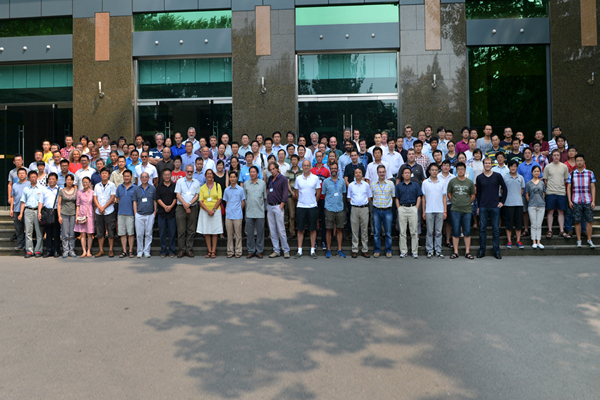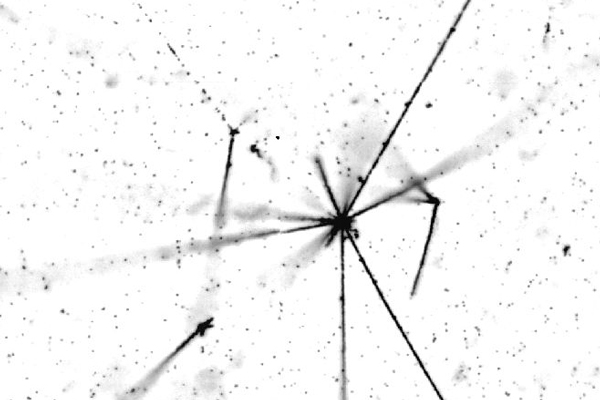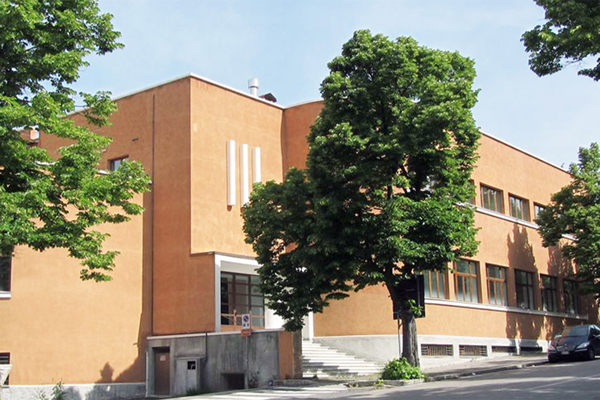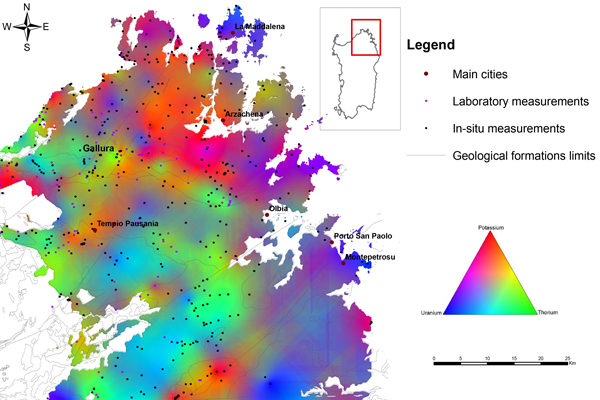PEOPLE

OECD REPORT ON RESEARCH INFRASTRUCTURES
Interview with Valerio Vercesi, member of the OECD Global Science Forum (GSF) International Experts Group.
Which reasons prompted the GSF to issue this report, approved by the OECD Committee for Scientific and Technological Policy last June?
The GSF was initially approached by CERN, which was interested in having an external perspective that could serve as a basis for further optimising its policies, as well as being of value to CERN member states. The GSF aimed then to address the potential economic and societal impacts of international research facilities, using examples from one of the largest global research infrastructures.
To achieve this goal, the GSF Secretariat staff carried out a small number of case studies, relying mainly on confidential interviews with the people most directly involved, and then the Forum worked out the outcome. Two of these investigations were addressed in detail: the development of the superconducting dipole magnets for the Large Hadron Collider (LHC), and CERN contribution to hadron cancer therapy using beams of carbon ions.
...
NEWS

Collaborations
JUNO, AN UNDERGROUND GIANT TO CAPTURE NEUTRINOS
An international agreement, which marks the birth of Jiangmen Underground Neutrino Observatory (JUNO), in China, was signed in July. This new scientific project includes, in addition to China and Italy that participates with INFN, Czech Republic, Finland, France, Germany, Russia and the US.

Science
AEGIS, THE EFFECT OF GRAVITY ON ANTIMATTER
The AEGIS experiment (Antimatter Experiment: Gravity, Interferometry, Spectroscopy) at CERN, with the collaboration of the INFN, has measured the deflection of a beam of antiprotons under the effect of an extremely weak magnetic force, using an instrument called “Moiré deflectometer”.

Awards
GSSI: POST-DOC RESEARCHER WINS THE MICROSOFT AWARD
Catia Trubiani, post-doc researcher in Computer Science at Gran Sasso Science Institute (GSSI), the INFN international PhD school and centre for advanced studies, received the Microsoft Azure Research Award. Microsoft offers the availability of the Microsoft Azure Platform for 12 months to perform big data computation in the cloud.


 ELI-NP, THE SUPER LASER OF THE FUTURE
ELI-NP, THE SUPER LASER OF THE FUTURE ITALRAD, A MAP OF THE NATURAL RADIOACTIVITY IN ITALY
ITALRAD, A MAP OF THE NATURAL RADIOACTIVITY IN ITALY